Resin-bound stone has become one of the most talked-about paving solutions in recent years, and for good reason. More than just a visually appealing choice, it offers homeowners and businesses a cost-effective alternative to traditional paving.
With its durability, low maintenance needs, and quick installation process, the cost savings of resin-bound stone make it a smart long-term investment. In this blog, we’ll explore how resin-bound stone reduces expenses across installation, maintenance, environmental sustainability, and even energy efficiency, while also adding value to your property.
How Do the Cost Savings of Resin-Bound Stone Compare to Other Paving Options?
When considering outdoor flooring, many property owners weigh their options between block paving, asphalt, and concrete. While each material has its merits, resin-bound stone offers a unique balance of affordability and performance. The upfront costs are often competitive with mid-range paving solutions, but the long-term savings far exceed alternatives.
The resin-bound stone installation can often be more cost-effective than block paving, thanks to its simpler process and reduced labor requirements. Asphalt and concrete may appear cheaper initially, but they frequently crack, stain, and require costly repairs. Resin-bound stone’s durability eliminates many of these recurring expenses, making it one of the most affordable paving options when viewed over the lifespan of a driveway or patio.
How Does Resin-Bound Stone Reduce Long-Term Maintenance Costs?
One of the greatest advantages of resin-bound stone is its minimal upkeep. Henson Surfacing notes that its smooth, bonded surface prevents issues like cracking, loose stones, or uneven settling that plague other paving materials. This resistance means fewer repairs, saving property owners significant money over time.
Weeds and moss growth, a common frustration with block paving or gravel, are virtually eliminated with resin-bound stone. The tightly bound aggregate leaves no room for weeds to push through, reducing the need for chemical weed killers or constant re-cleaning. Additionally, its even surface makes sweeping and washing straightforward, eliminating the need for high-powered pressure washing. These factors combine to make it a truly low-maintenance resin-bound surface.
What Are the Environmental Cost Savings of Using Resin-Bound Stone?
Environmental considerations increasingly play a role in cost-conscious decision-making. Resin-bound stone offers eco-friendly advantages that translate into savings for property owners. Its porous nature provides water-permeable paving solutions, allowing rainwater to drain naturally into the ground. This reduces reliance on artificial drainage systems, preventing costly flooding or water damage.
Recycled aggregates can be used in resin-bound stone mixes, making it a sustainable paving material. By choosing recycled options, property owners not only support environmental conservation but also save money on materials. Because the surface is low maintenance, less water and fewer cleaning chemicals are needed, cutting down on utility and supply costs. Together, these factors ensure that the cost savings of resin-bound stone extend beyond installation and upkeep into long-term environmental benefits.
How Does Resin-Bound Stone Increase Property Value and Save on Future Costs?
A well-designed driveway or patio is more than just a surface, it’s an investment in your property’s value. Resin driveway installation can significantly boost curb appeal, making a home more attractive to buyers. A modern, durable driveway signals quality and reduces perceived future maintenance costs, which can increase property value.
Because resin-bound stone is a durable paving option for driveways and pathways, it avoids the common pitfalls of crumbling concrete or stained asphalt. This longevity means future owners won’t have to worry about immediate repairs, adding to a property’s appeal. By investing in resin-bound stone, homeowners effectively save on future costs of upgrades or renovations while enjoying a long-lasting outdoor surface.
What Are the Hidden Costs of Not Choosing Resin-Bound Stone for Your Property?
Choosing alternatives to resin-bound stone often comes with hidden costs. For example, block paving may look good initially, but frequent weed growth and joint erosion lead to constant cleaning and repair expenses. Similarly, asphalt can soften in heat or crack in cold weather, leading to expensive patchwork. Concrete, while strong, often requires resealing and is prone to unsightly staining.
Recurring problems drive up long-term costs, making cheaper initial options far more expensive in the long run. By contrast, the cost savings of resin-bound stone lie in its ability to avoid these hidden expenses entirely. Property owners who skip resin-bound stone may ultimately spend far more over decades on repairs, replacements, and cleaning supplies.
How Can Resin-Bound Stone Help Save Money on Energy Costs?
Few people consider how paving materials influence energy use, but resin-bound stone offers energy-efficient advantages as well. Its reflective properties reduce heat absorption, keeping surrounding areas cooler during the summer months. This effect lowers the need for additional cooling in nearby buildings, cutting down on energy bills.
Another energy-saving feature: permeability. By allowing water to drain through, resin surfaces reduce runoff and erosion. This prevents the need for expensive drainage systems or erosion control measures, both of which add hidden costs to alternative paving options. Together, these qualities establish resin-bound stone as one of the few energy-efficient resin surfaces available for residential and commercial projects.
What Are the Installation Cost Savings of Resin-Bound Stone?
Installation costs can make or break a project budget, and resin-bound stone offers advantages here as well. Resin driveway installation is often quicker and more efficient than block paving or concrete. Because resin can be applied over an existing base in many cases, less excavation and groundwork are required, reducing both labor and disposal costs.
The process itself requires fewer heavy-duty tools, generates less waste, and is less disruptive to the property. This not only lowers installation expenses but also means quicker turnaround times, reducing the inconvenience of having construction equipment on-site. And with its long lifespan, property owners avoid costly reinstallations for decades, cementing resin-bound stone as a cost-effective outdoor flooring choice.
Wrapping Up: Why Resin-Bound Stone is a Cost-Effective Solution for Your Property
The cost savings of resin-bound stone extend across every stage of ownership—from installation and maintenance to energy efficiency and property value enhancement. As an affordable paving option, it offers a balance of durability, style, and sustainability unmatched by traditional surfaces. Its low-maintenance resin-bound surface keeps upkeep costs minimal, while its durability ensures it outlasts alternatives like block paving, asphalt, or concrete.
By choosing resin-bound stone, homeowners and businesses not only enjoy attractive, functional spaces but also protect their budgets for the long term. With its combination of energy-efficient properties, water permeability, and sustainable paving materials, it represents more than just outdoor flooring—it’s an investment in both financial and environmental responsibility. For cost-conscious property owners, resin-bound stone is not just a paving option; it’s the smart, future-proof solution.

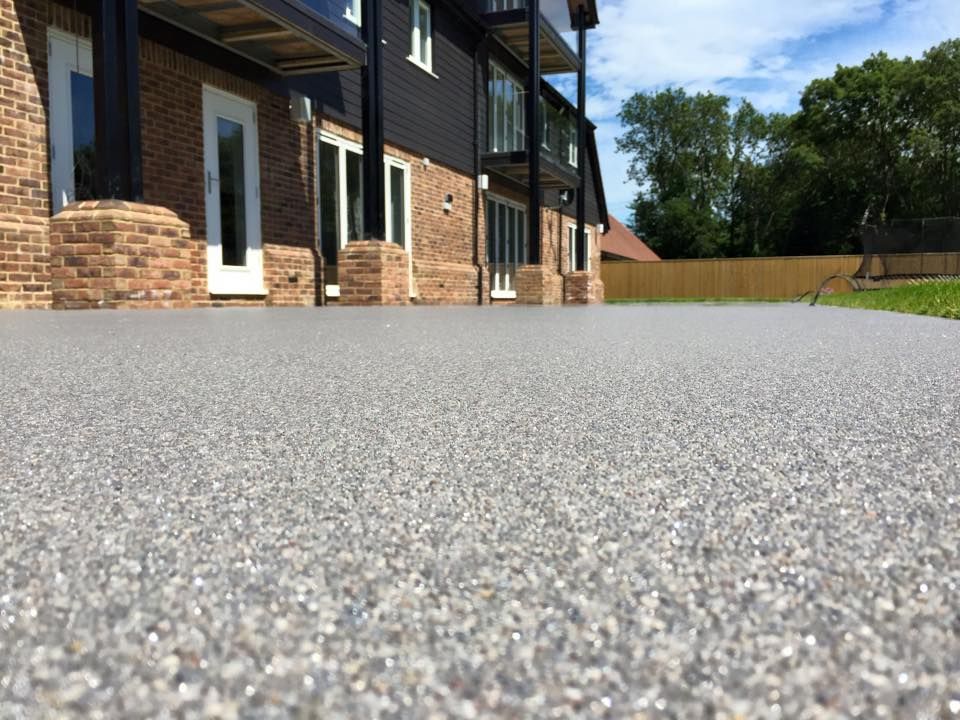
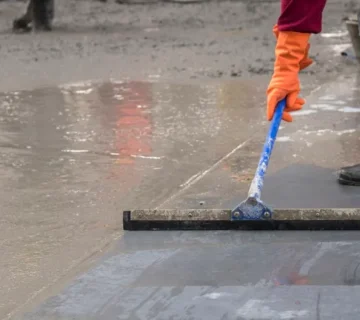

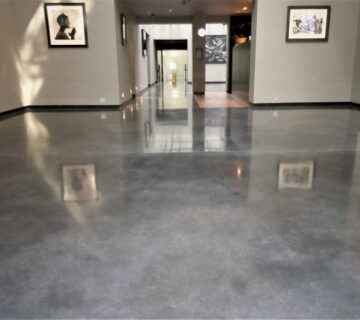
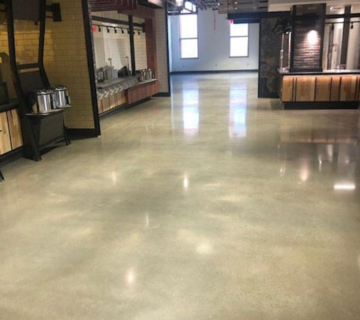
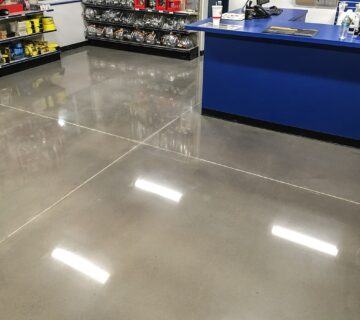

No comment